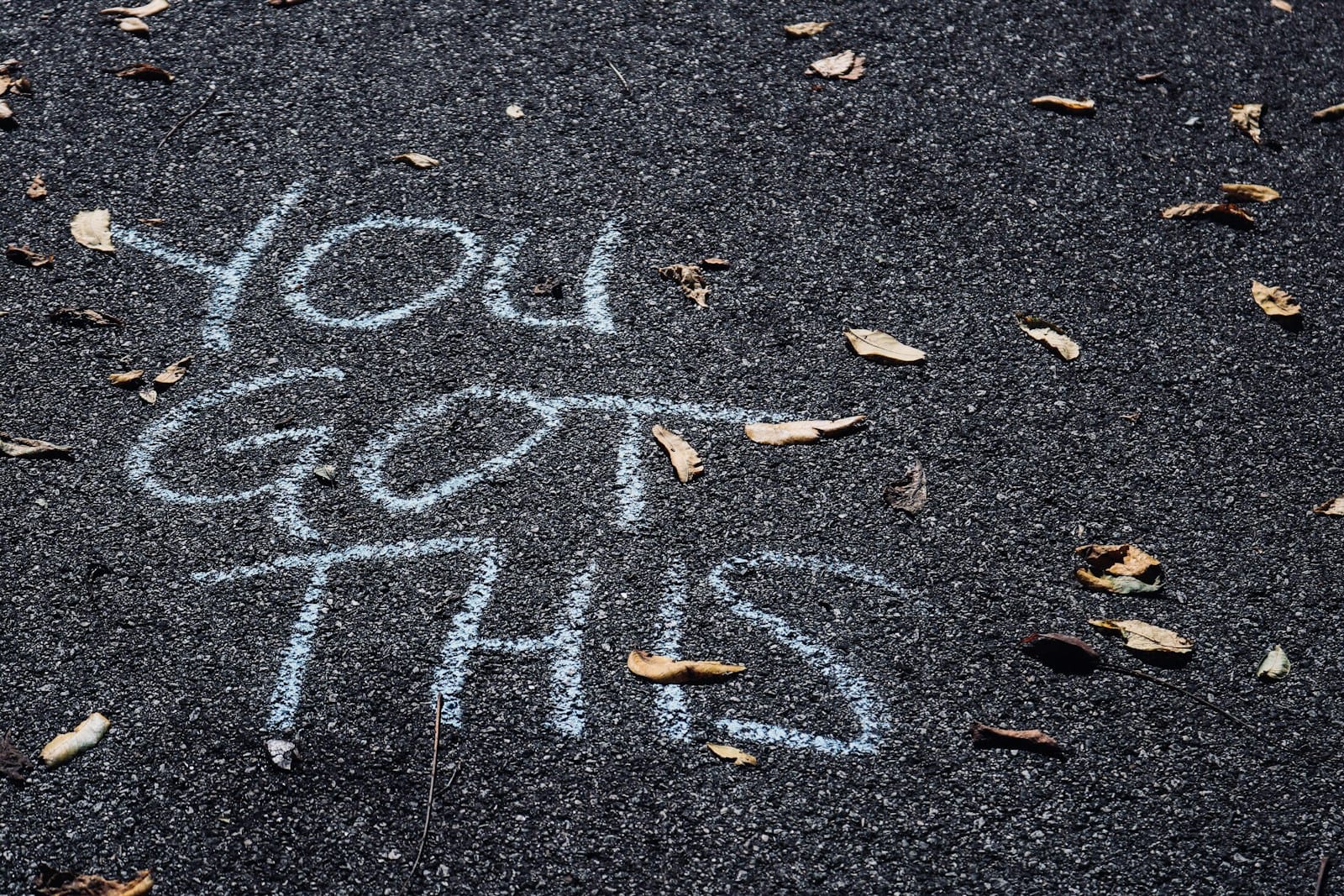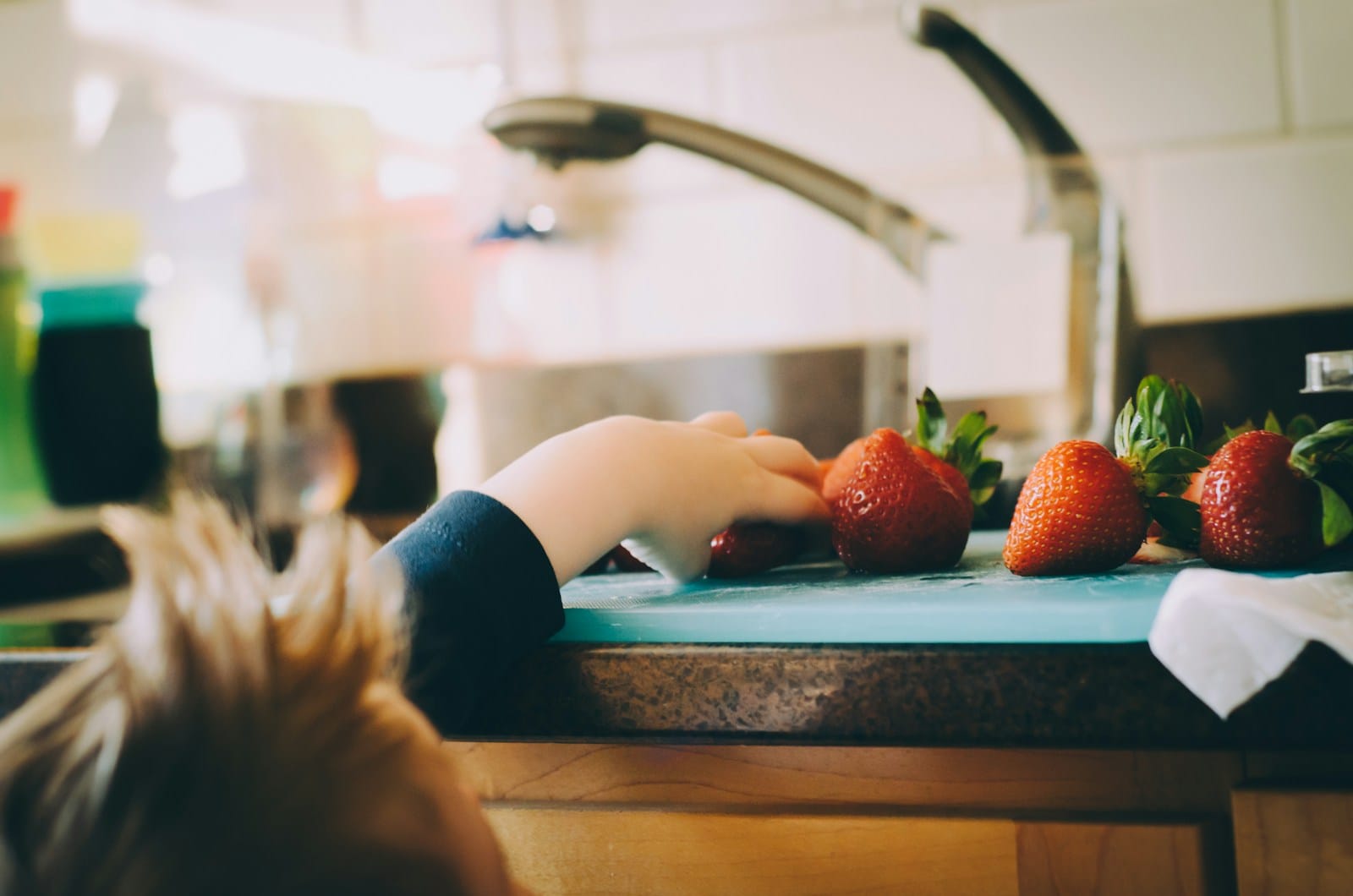Mastery: the struggle towards growth and development
Explore how struggle fosters mastery in children, why it’s vital for their growth, and how caregivers can balance support without fostering dependence.
The Brene Brown quote I used in my blog on Being Deeply Human got me thinking about the concept of mastery and how important it is in the development of a child. I thought it might be useful to explore a bit more.
First, here’s that quote:
“It may seem counterintuitive, but one of the biggest barriers to working toward mastery is perfectionism. In our leadership research, we’ve learned that achieving mastery requires curiosity and viewing mistakes and failures as opportunities for learning. Perfectionism kills curiosity by telling us that we have to know everything or we risk looking ‘less than.’ Perfectionism tells us that our mistakes and failures are personal defects, so we either avoid trying new things or we barely recover every time we inevitably fall short.” – Brene Brown in Atlas of the Heart (2021)
Mastery is defined as knowledge and skill that allows you to do or understand something very well, or to have complete control over something.
A psychological definition of mastery is to have an inner sense of competence. The inner voice that says, “You got this,” or a satisfied, “I did that!”

Toddlers rate themselves. They show a good deal of pleasure when they have been trying to do something and eventually master it. It’s a beautiful thing when you see their inner sense of competence through their words and actions: “I did it!”
My son’s phrase as a toddler was “Do it ‘self’” – because he knew he could, and he did. Sometimes he took it too far, like when he was on his Papi’s lap in the game reserve “driving” and told Papi to take his hands off the steering wheel because “I know what I’m doing.” He was two! Like I said, toddlers rate themselves.
Children’s natural curiosity enables them to master as many things as they can. This is handy because, in the first five years of life, they learn an extraordinary number of skills.

The Struggle is Needed
In general, adults do too many things for children, hover too closely when they are playing, and intervene too quickly in normal childhood spats with siblings or friends. We intervene before it is actually necessary, potentially preventing mastery from being achieved. If there is no struggle with a new skill, they never fully achieve that inner sense of competence. The result is that the child feels they can’t do anything alone and emotionally they tend to be anxious and needy. They don’t feel competent or self-confident.
I was talking to a caregiver recently who confessed that she used to jump up to help her 8-year-old grandson with whatever he asked her to do, even if it inconvenienced her. She did this out of love and a desire to nurture. He would ask for something, like a glass of water from the kitchen, and she would get it. She started to realize this was creating dependence and contributing to spoiling him. She has since stopped doing for the child what he can actually do for himself. We talked about how there’s no harm in doing something out of nurturing occasionally—such as when children are sick or have had a tough time—but not as a daily occurrence.
Struggle vs. Frustration
Violet Oaklander writes that mastery requires some struggle on the part of the child. “A baby learns from struggle, and with each mastery experience develops the strength to deal with frustration.” – from Hidden Treasure: A Map to the Child’s Inner Self (2007). She states that it is important to differentiate between struggle and frustration. When frustration starts to become evident, extra support should be offered to help the child on their road to mastery.

Here’s an example of the difference between struggle and frustration: An 8-year-old girl sits in math class and doesn’t understand what everyone else seems to grasp. Her struggle is real, but she keeps trying. Over time, her struggle escalates into frustration, which manifests in tears. The teacher notices and asks her why she’s crying but laughs at her for crying about math. Does this child experience mastery in this lesson? No, certainly not. And neither is there any support for her frustration.
Mastery is About Mistakes, Not Perfection
We can support children by helping them recognize their personal limits—what is their “I did it!” moment right now? This will differ from one child to another. For instance, mastery for a grade-one neurotypical child differs from mastery for a grade-one child on the autism spectrum.
Sometimes we need to help children see the difference between what they can realistically do and what they think others expect of them.
Mastery is about the individual’s sense of competence, not about how perfectly they have performed. And it includes the mistakes made along the way!
Your role as a caregiver or parent in the struggle is to notice there is a struggle and assess how you can best support in the moment. Maybe it’s being empathetic support, maybe it’s stepping in when they’re moving into frustration, or maybe it’s being a strong advocate on their behalf.
Ultimately, here’s a good rule of thumb: Don’t do for your child what they can do for themselves.